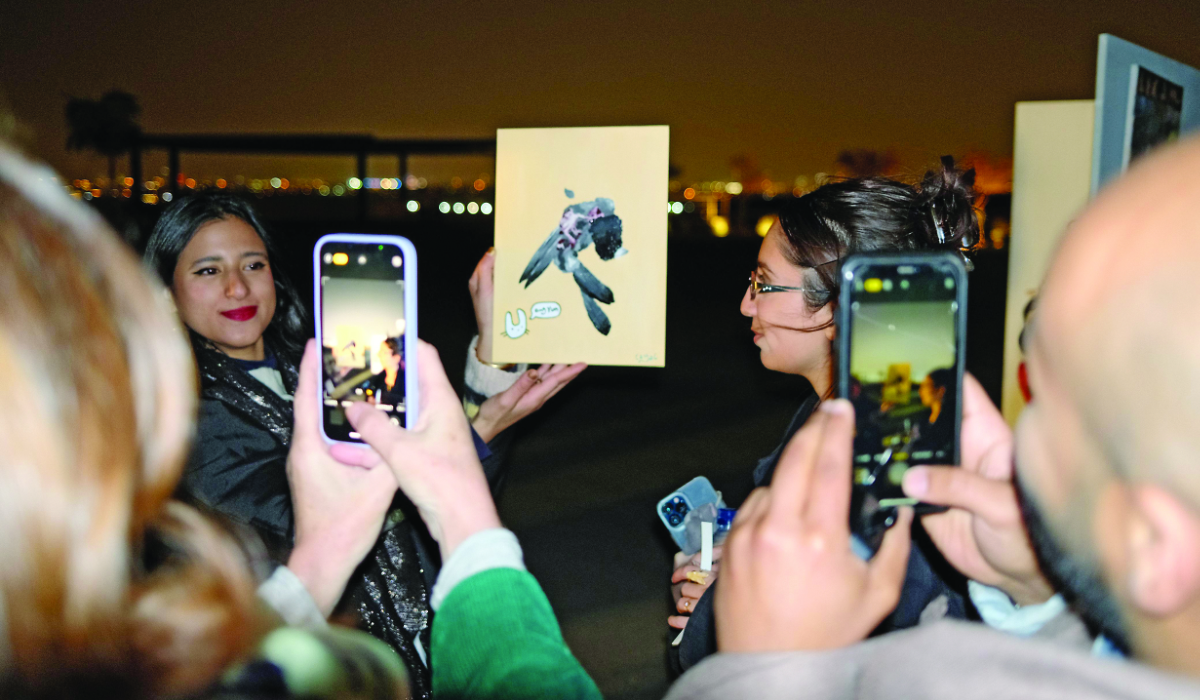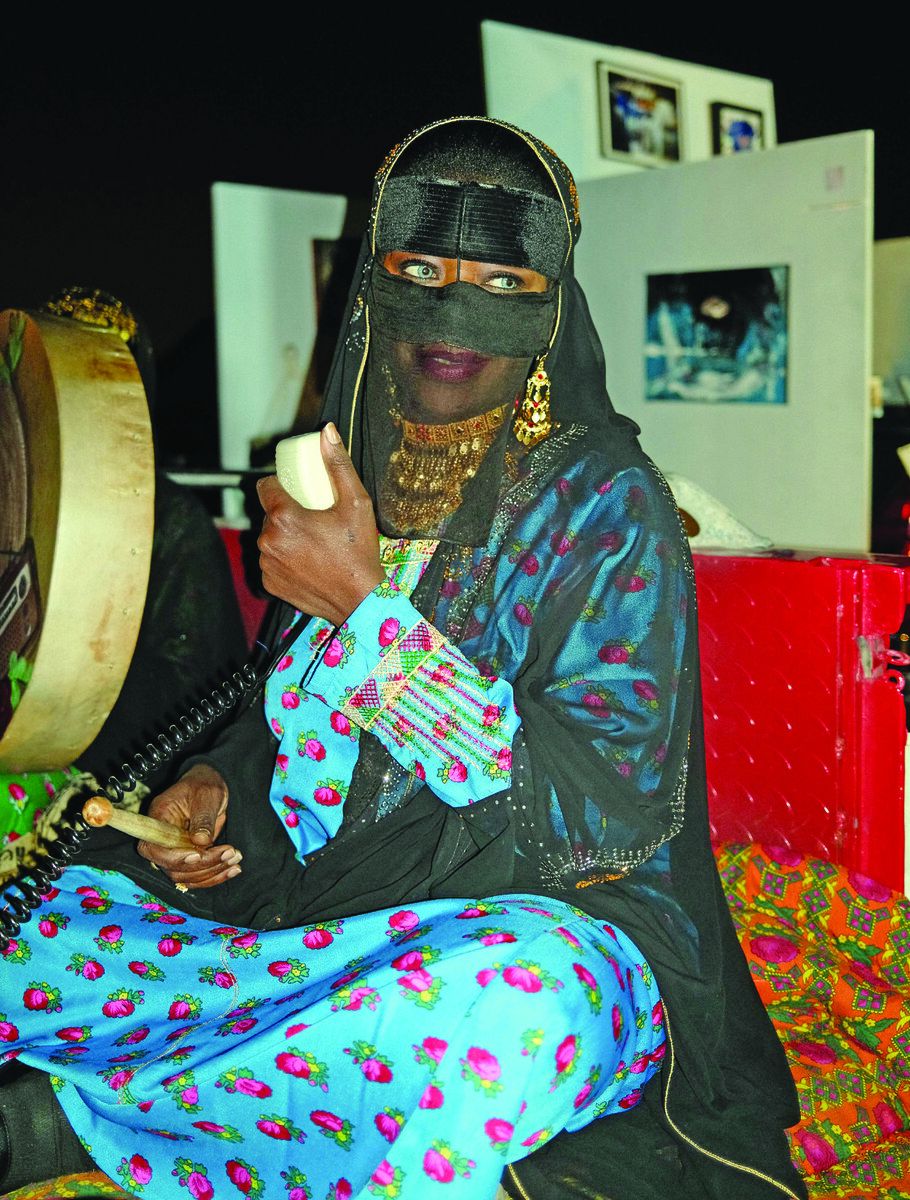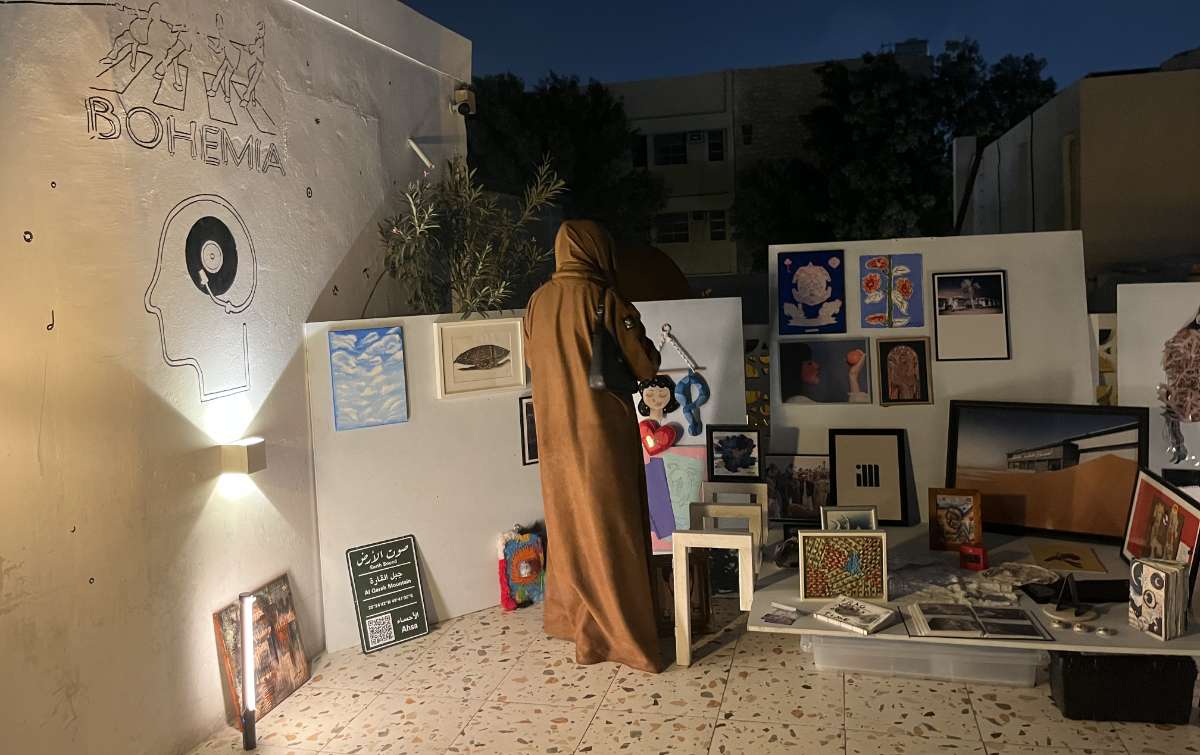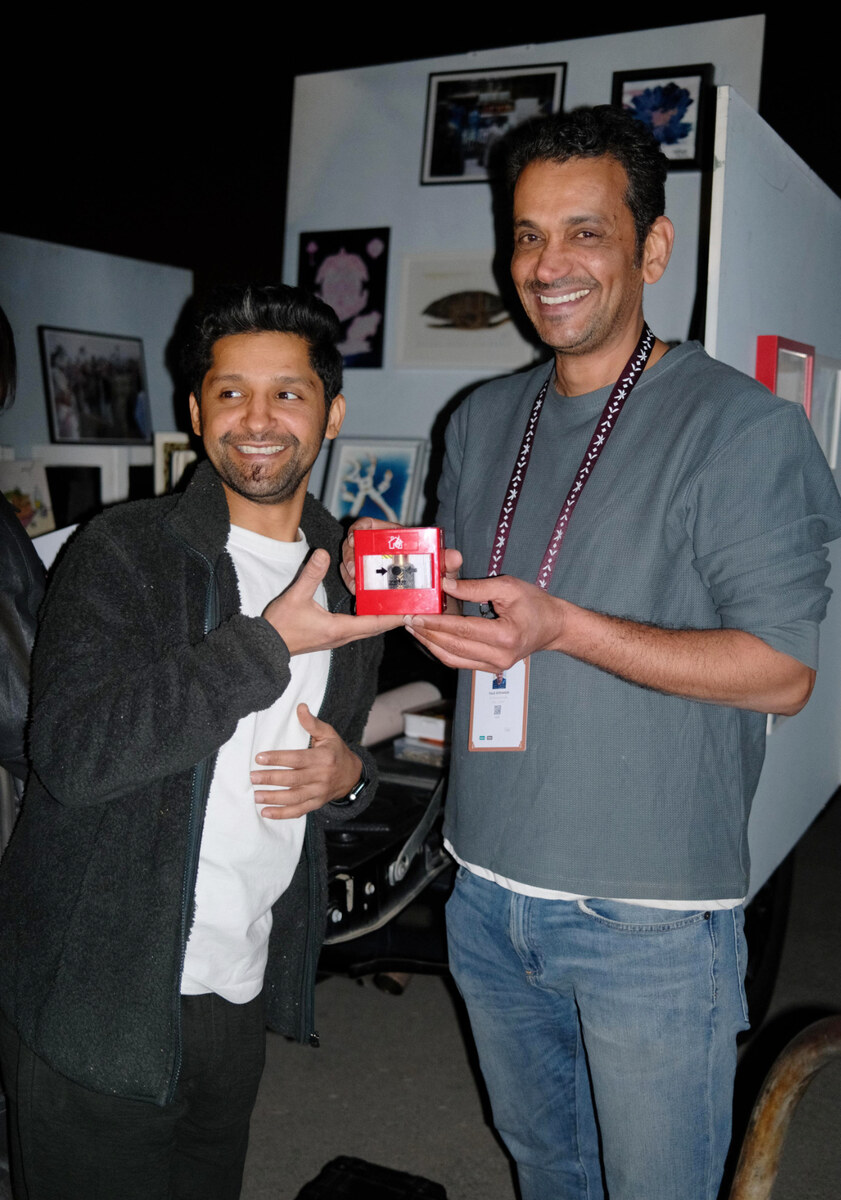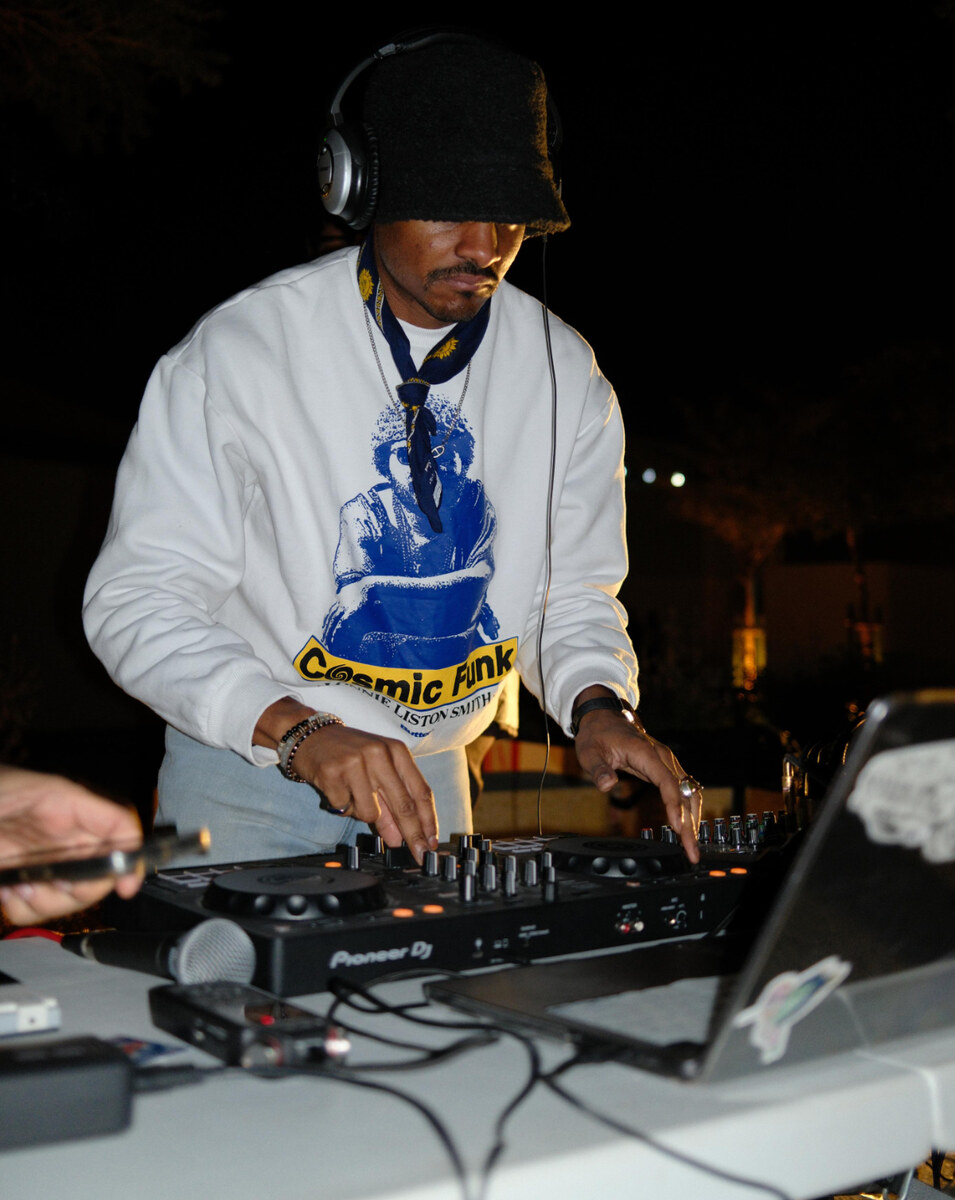MANAMA: Women leaders from the MENA region are playing a transformative role in advancing climate action, a UN climate champion told Arab News.
“Women leaders in green tech and the green economy remain a minority, representing 30 percent of climate negotiations and less than 3 percent at the helm of tech companies,” said Sarah El-Battouty, global ambassador for the UNFCCC Climate Change High-Level Champions.
El-Battouty spoke to Arab News on the sidelines of the Sustainability Forum Middle East in Manama, Bahrain, where she attended the evening event titled “Women’s Leadership in Climate and Sustainability — Amplifying the Voices of MENA’s Changemakers.”
The event, held in partnership with Bahrain’s Supreme Council for Women and the Supreme Council for Environment, aims to showcase the contributions of female experts from across the MENA region.
El-Battouty, who is also chairwoman of ECONSULT Sustainable Architecture, highlighted the importance of diverse leadership, inclusive policymaking and technology in addressing the climate crisis.
“The role of the UNFCCC Climate Change High-Level Champions is critical to the policymaking and way forward for climate action and dialogue between stakeholders,” she said.
El-Battouty said that for many years, climate discussions were dominated by governments and financial institutions, leaving the private sector as mere implementers of policies.
She shed light on the underrepresentation of women in the green economy and tech sectors and the need for their inclusion.
“Among them, women have been selected on merit to put forward the case of solutions led and created by women for women and broader communities from all over the world,” El-Battouty said.
She said that while women played a transformative role in driving climate action, they faced significant economic and social barriers, particularly in access to climate financing.
El-Battouty said that challenges for women-led green initiatives in the MENA region often stemmed from systemic barriers rather than purely socio-cultural norms.
“There are hidden root causes less prominent than social norms verified as key limitations,” she said.
Women-led initiatives struggle to secured financial resources due to gender biases in financing systems, El-Battouty said.
“They are financed in smaller installments and often encouraged to have a male executive to unlock further financing.”
She added that limited ownership of assets, such as land, restricted women from securing collateral for loans. “Many women risk their savings or become indebted from the outset.”
El-Battouty added that unequal access to STEM education reduced opportunities for women to lead in technical and environmental fields.
“Less than 19 percent of women enter STEM education,” she said.
El-Battouty said that advancing inclusive policies addressing the social dimensions of climate change — such as gender equality, education and community resilience — was essential.
“These policies ensure that marginalized groups, including women and children, are part of the solution and recognize that as the most vulnerable to loss and damage and migration, women’s voices should be at the forefront of holistic policy frameworks,” she said.
El-Battouty called for accessible and affordable technology to empower women across all demographics.
“Women engage collaborative approaches, especially with other women, because they recognize them as stakeholders of climate actions, ensuring their livelihoods are sustained and information is learned, co-developed and passed on to generations,” she said.
El-Battouty said that women were critical advocates for inclusive and sustainable practices in industries such as housing and construction, which were responsible for nearly 40 percent of global emissions according to the UN.
“It is women in the industry who have advocated for the inclusion of rural villages, low-income housing and indigenous communities to be included in climate-resilient intervention and green buildings,” El-Battouty said.
Despite challenges, she celebrated the achievements of women leaders in advancing inclusivity and sustainability.
“Women in climate take big risks and face adverse resistance, however, their activism is seeing disruptive and positive steps to be inclusive and leave no one behind,” El-Battouty said.











